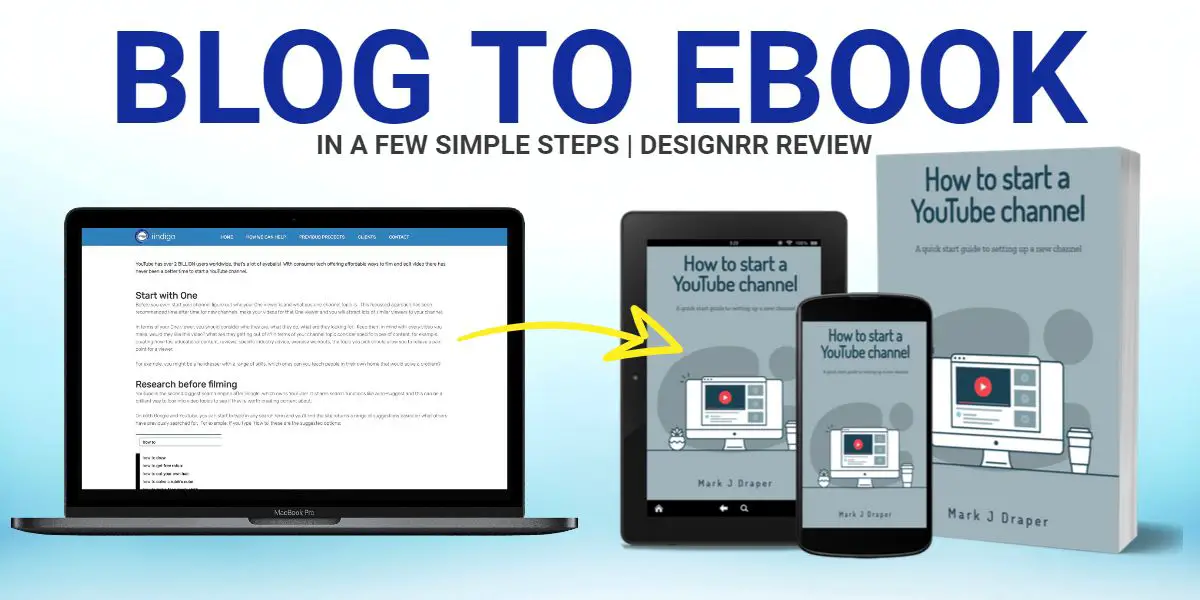Anthropic’s integration of web search capabilities for Claude directly challenges Google’s dominance in information retrieval. You’ll now find Claude combining traditional search functionality with AI-driven analysis, delivering thorough answers with current data. Developers can access real-time information through the API without building custom infrastructure, while maintaining strict safety standards. This advancement reshapes how users discover online knowledge and could accelerate innovation across both AI systems and search technologies. The competitive landscape continues to evolve as these platforms compete for your attention.

While many AI systems struggle to access current information, Anthropic’s introduction of web search capabilities for Claude represents a significant advancement that could reshape the competitive landscape with Google. The newly launched feature enables Claude to access up-to-date information directly from the web, enhancing its ability to deliver timely insights without relying on outdated training data.
This integration is available through the Anthropic API, giving developers access to real-time data without building custom infrastructure. You can now create applications that leverage Claude’s analytical capabilities alongside current web information, closing a critical gap between Claude and competitors in the AI market.
Developers maintain control over search depth by adjusting parameters like *max_uses*, allowing for customization based on specific application needs. This flexibility supports AI solutions that require fresh data while maintaining Anthropic’s established safety and ethical standards.
Granular search controls empower developers to balance real-time data needs with responsible AI practices.
Claude’s web search capability operates similarly to Google’s core functionality but adds AI-driven analysis to the results. This development could shift how you interact with online information, potentially reducing direct reliance on traditional search engines as AI models deliver thorough, analyzed responses.
The feature enables Claude to conduct targeted searches and refine its outputs using the most recent validated data. It can work agentically, performing multiple progressive searches to build increasingly informed responses to complex queries. The system ensures trustworthiness by providing detailed source citations for all web-sourced information, allowing users to verify facts independently.
Google’s search dominance faces a new challenge as Claude combines real-time information access with sophisticated language processing. Claude delivers comprehensive answers in minutes, balancing speed with depth of information quality without sacrificing accuracy. This competition could accelerate innovation in both AI and traditional search technologies as each platform works to deliver superior information access.
The integration positions Claude as a contender in AI-powered search technology while maintaining Anthropic’s commitment to responsible AI development.
As these technologies evolve, you’ll likely see continued transformation in how information is discovered, analyzed, and presented online—potentially restructuring the digital information landscape that Google has dominated for decades.
Frequently Asked Questions
How Much Does Claude’s Web Search API Cost for Developers?
Claude’s Web Search API costs you $10 per 1,000 searches.
You’ll pay for each search operation separately from any token usage charges. Token costs for Claude’s processing of your query and generating responses are billed additionally at standard rates.
Failed searches typically aren’t billed. You can control costs by setting usage limits with parameters like “max_uses” or by restricting searches to specific domains through organization settings.
Can Claude’s API Search Non-English Language Content Effectively?
Yes, you can use Claude’s API to search non-English content effectively.
The system supports major global languages including Spanish, Japanese, French, Portuguese, and German. You’ll benefit from Claude’s semantic search capabilities that understand context across languages, not just keywords.
The API handles languages with limited digital resources well and can perform multiple searches to refine results. All responses include citations, making information more reliable and accountable.
What Security Measures Protect User Data During Web Searches?
Your data during web searches is protected through several security measures.
Search engines employ anonymization techniques that obscure your identifiable information. Your data is encrypted both in transit and at rest, with strong access controls limiting who can view it.
Privacy policies detail how your information is handled, while transparency practices build trust.
You can also use tools like VPNs and Tor networks for additional protection by masking your IP address.
Does Claude’s Search Capability Work in Offline Environments?
No, Claude’s search capability doesn’t work in offline environments.
You’ll need an active internet connection to use Claude’s search functions. This limitation exists because Claude must access online databases and the web to retrieve current information.
If you require offline AI capabilities, you might consider alternative tools like OfflineLLM that specifically address privacy concerns and function without internet connectivity.
These offline alternatives are gaining popularity as users seek more privacy-focused AI solutions.
How Frequently Is Claude’s Web Search Index Updated?
Claude’s web search index combines two updating mechanisms.
The system performs real-time searches when you make queries, pulling fresh information directly from the web. Additionally, Claude’s crawlers (like ClaudeBot) continuously gather data from public websites to enhance the knowledge base.
Unlike traditional search engines with fixed update schedules, Claude’s approach delivers more current information by accessing live web content during your searches, while still maintaining an underlying indexed foundation.





